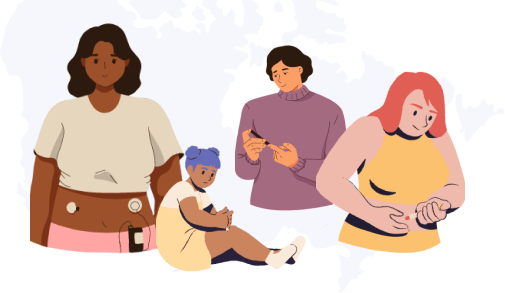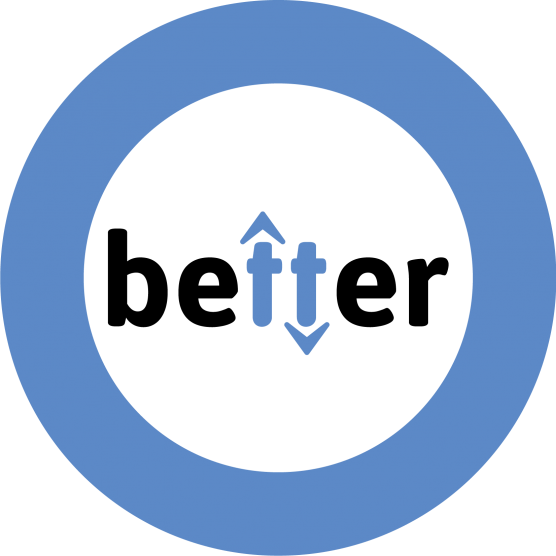Parents, siblings, partners, friends, teachers, coaches, and even our endocrinologists don’t get it. Although many people may know the science about our disease, they just don’t get it. When living with type 1 diabetes, we often feel alone. Nobody understands the daily struggle of fighting to stay healthy and alive. Nobody understands the worry you feel when your blood is dropping and you have no sugar on you, having to think about every piece of food you put into your mouth, having to pack an extra bag with you full of your diabetes supplies when you go away, or having all these gadgets stuck to you to help you live a normal life. No one understands the stigma around our disease. The looks we get when we inject our life-saving insulin in public. The comments we receive when we tell someone we have diabetes – “oh you ate too much sugar as a kid” – no.
This is why I get excited every time I meet someone living with T1D. We get to share our stories and our struggles. We can learn tips from each other and laugh about diabetes’ fails. We can finally share everything on our minds with someone that can relate. Facebook is a great way to interact with people living with T1D as well, because there are many groups that focus on specific topics such as fitness or nutrition. I have been involved with the VPN Facebook group, a group for adolescents with T1D across Canada, for the past few years and I have made friends through the group that I would have never met. The past three summers I worked as an ambassador at DSkate, a hockey camp for kids with T1D. I love going back every year because I get to be surrounded by people like me. Seeing the kids run around the hockey arena, and excel on the ice, gives you strength and confidence that you can do it too. We never get a day off from diabetes, but not every day is a bad day. There is a lot of good that comes out of managing a chronic disease such as maturity, organization, perseverance, dedication, critical thinking, body awareness, and a community of peers who share our experiences. Peer support is crucial in the management of T1D. I have learned so many tricks, about new technologies, and life hacks from talking to my T1D peers. I have made light of frustrating stories by joking around with my peers, who always encourage me and give me the support I need when I am feeling overwhelmed and frustrated by this disease.
Our peers provide emotional, social, and practical support. For people who are newly diagnosed, reaching out to those who have been living with diabetes give us hope for the future. Young athletes growing up with T1D have role models like Max Domi to look up to. For women who want to start a family, speaking to other mothers about their experiences with managing T1D during their pregnancy is reassuring and helps them understand what to expect. Someone who is taking injections can ask a peer on an insulin pump about their first-hand experience with the pump. Is it annoying having a tube attached all the time? Do you have better control of your blood sugars? Do you have more freedom? No one knows better than us. Endocrinologists are there for our health, but we are here for each other.
Peer support makes T1D a little easier.
If you are living with T1D in Canada and are between the age of 14-24 years old.
Please ask to join the VPN network
Melinda Prévost
Participate in the BETTER registry!

First registry of people living with T1D in Canada.
Learn More




1 thought on “Why is peer support so important?”
Comments are closed.